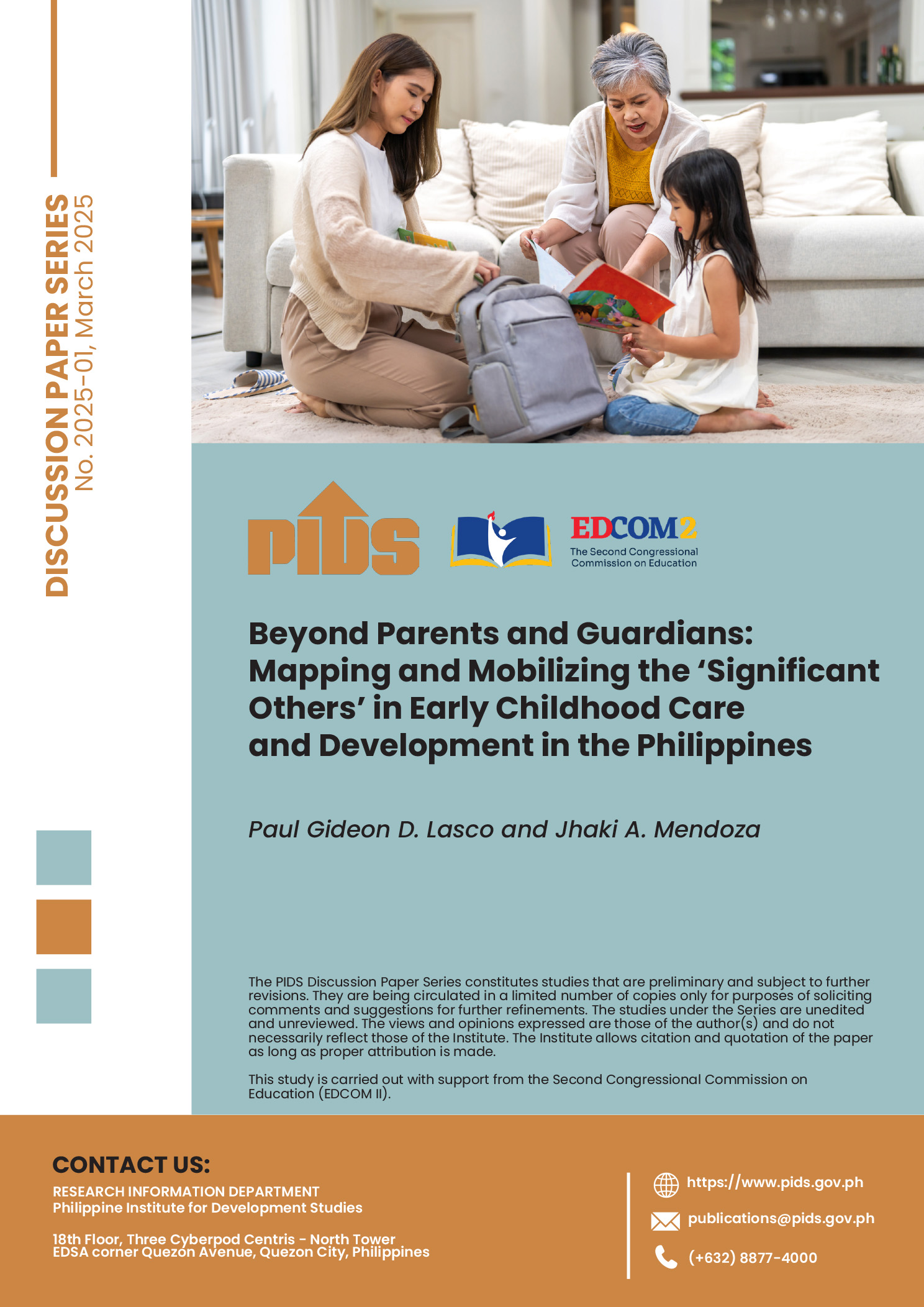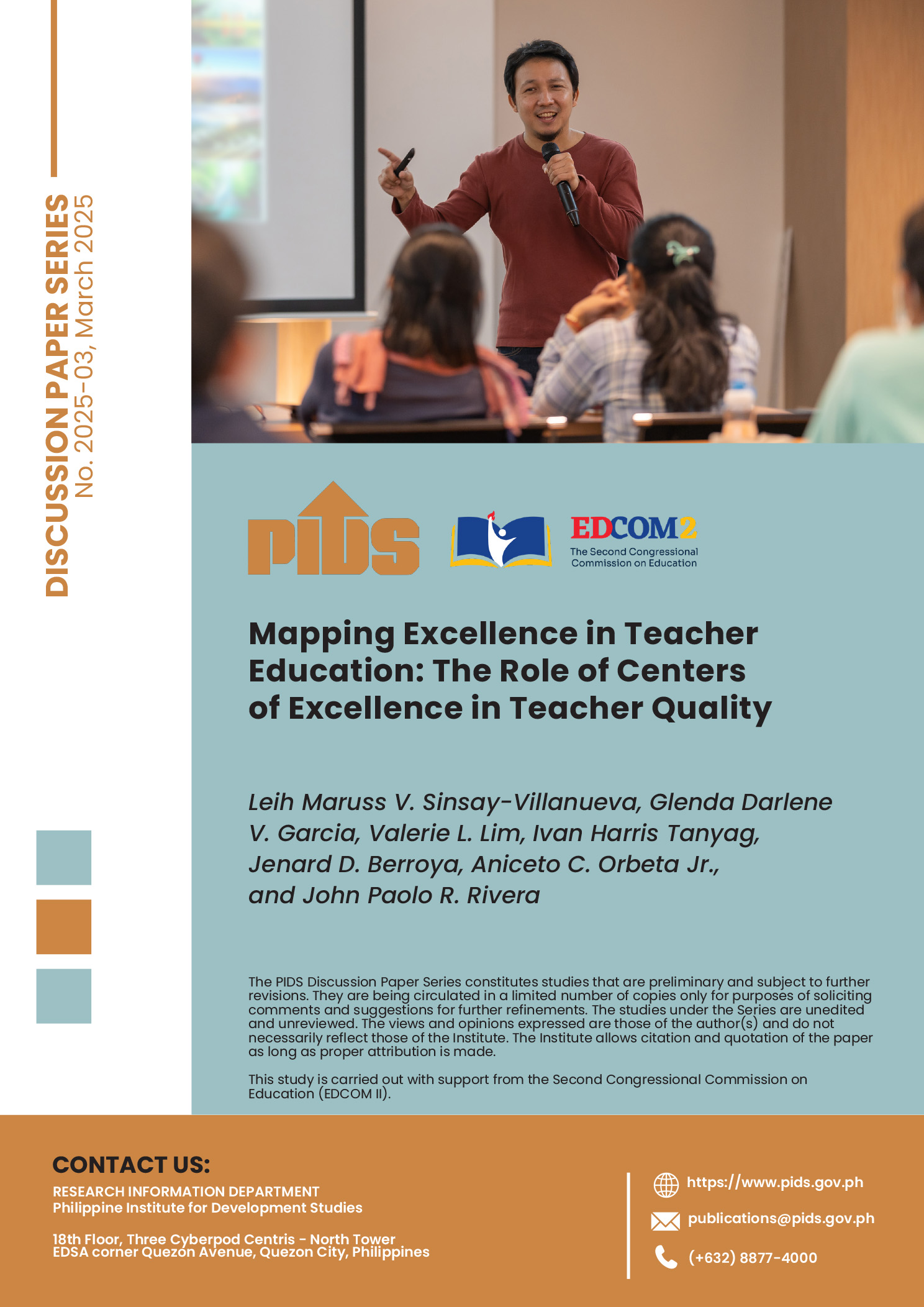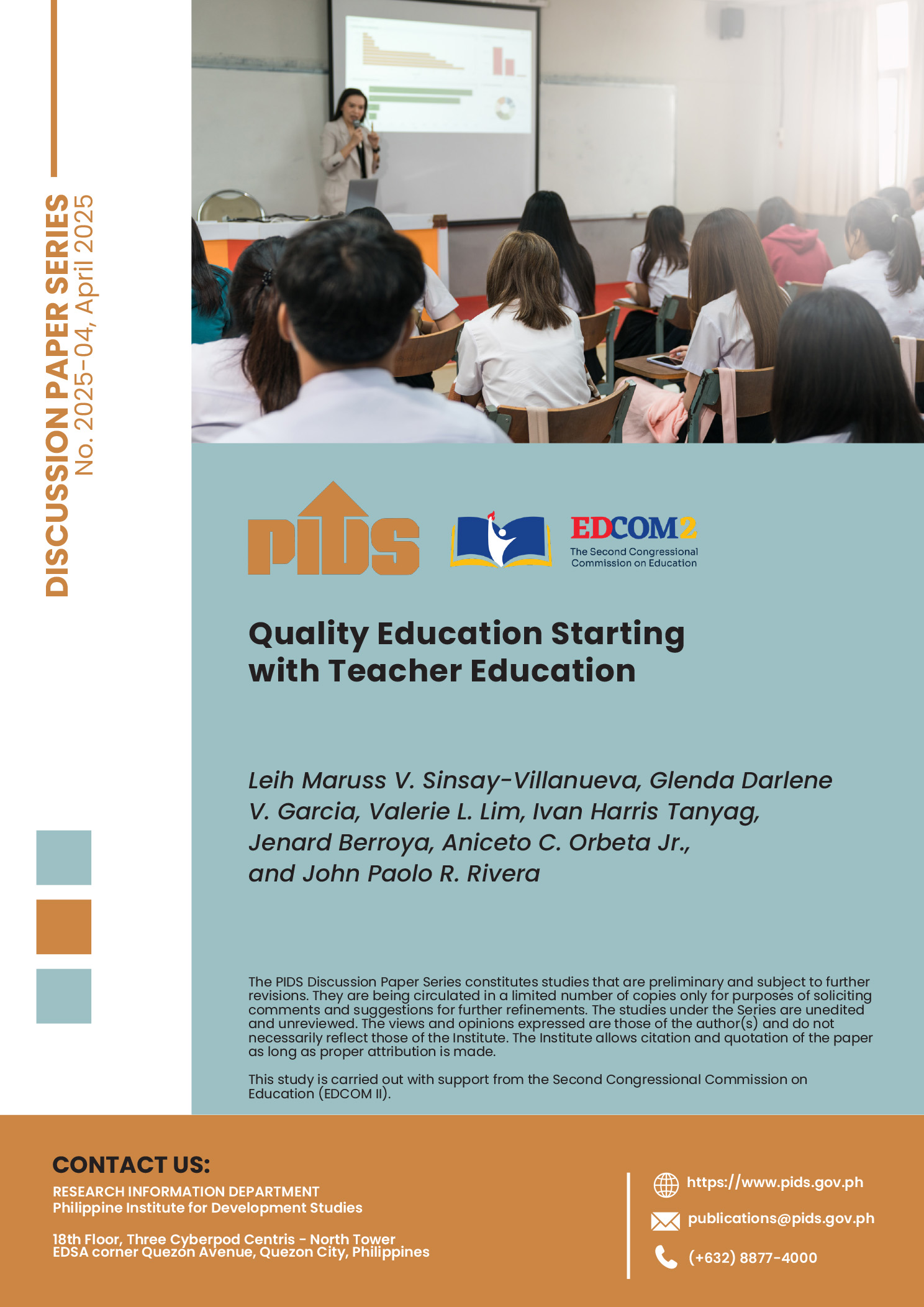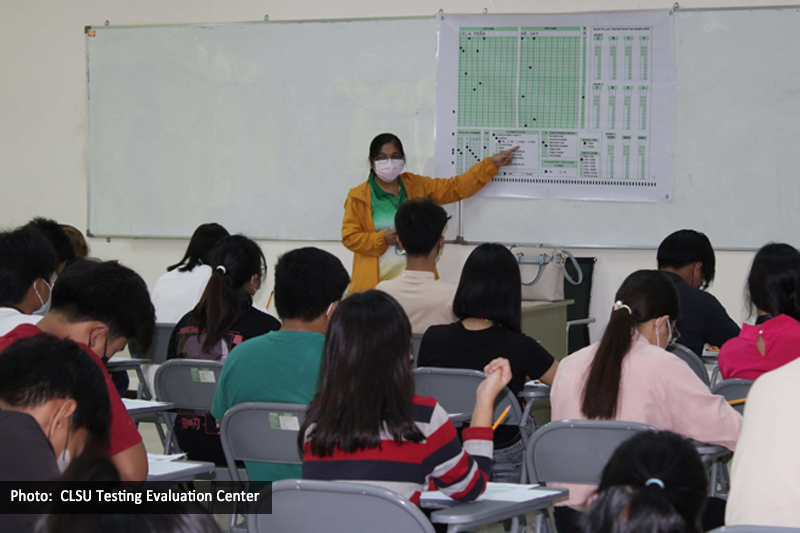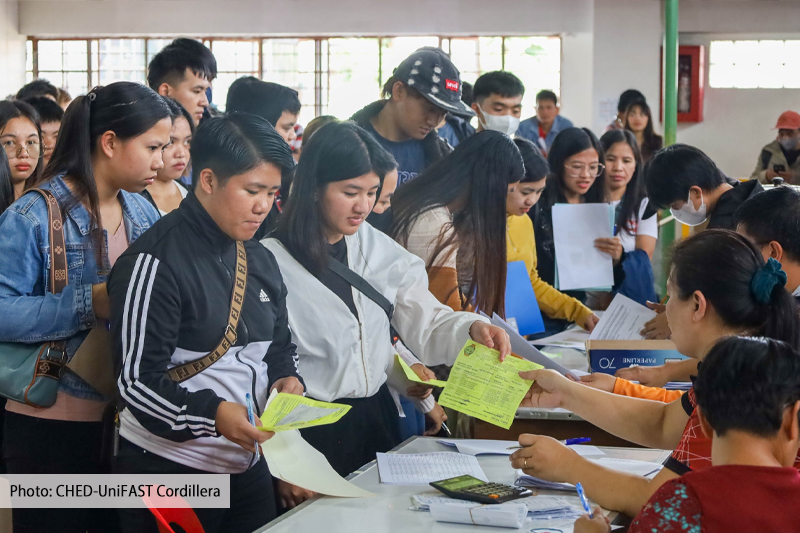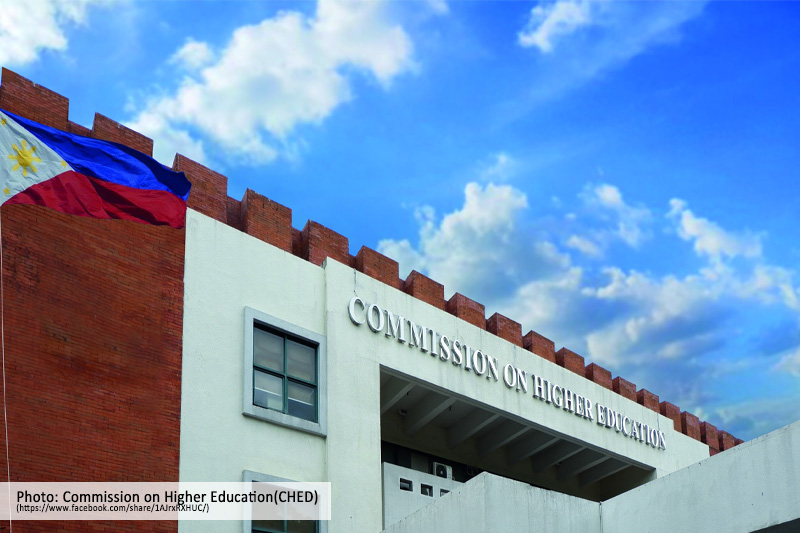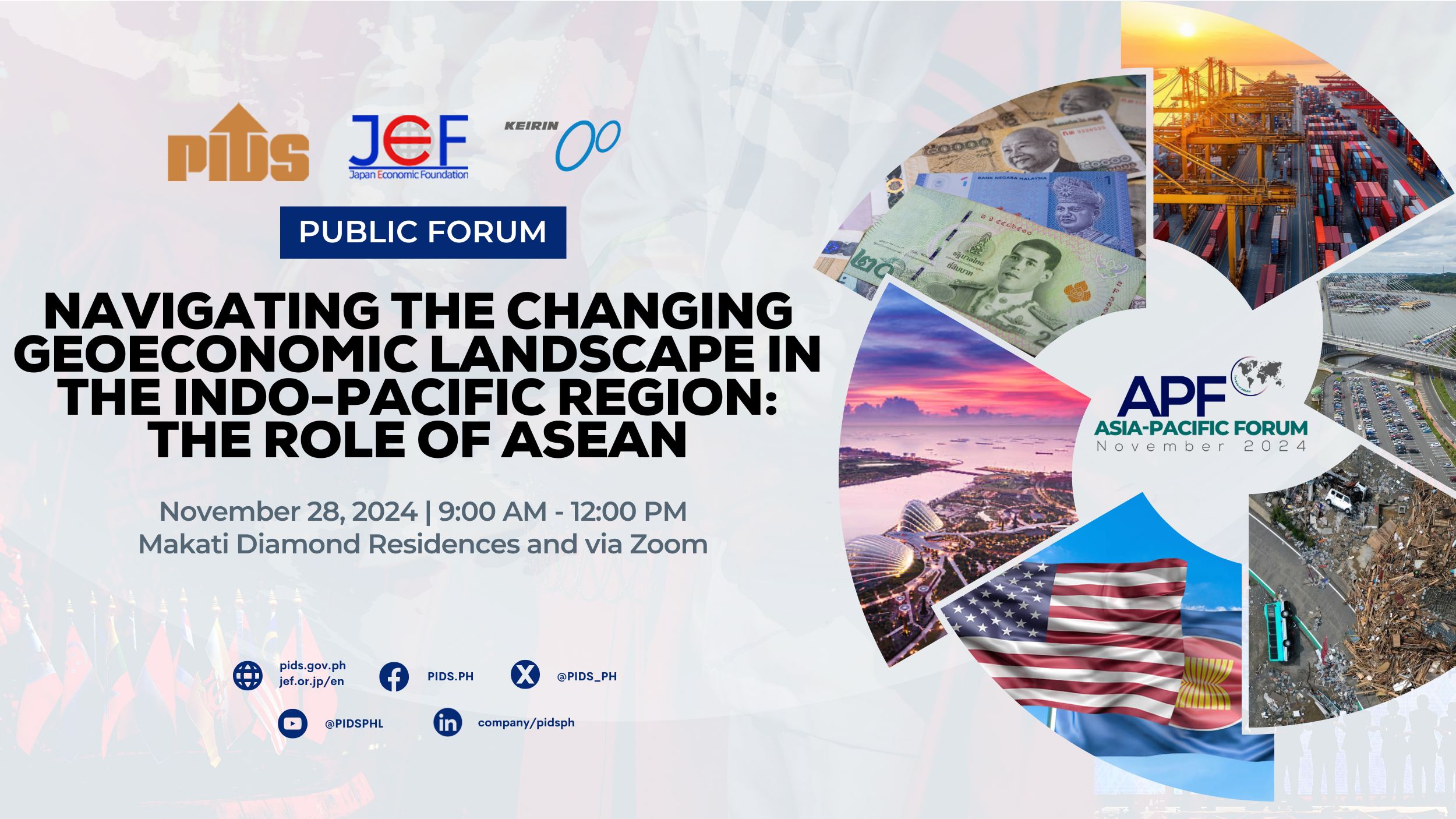Filipino professionals in accountancy, medicine, architecture, engineering and tourism can successfully compete in the Association of Southeast Asian Nations (ASEAN) labor market, according to a study by the Philippine Institute for Development Studies (PIDS).
The PIDS paper, however, emphasizes the importance of continuous learning and research and development (R&D) as crucial tools for Filipino professionals to stay ahead of the curve in their respective fields. This focus on lifelong learning will be essential for navigating the dynamic ASEAN job market, it says.
The PIDS study titled “Assessing the Readiness of Filipino MRA-supported Professions to Participate in the Mobility of Skilled Labor in the ASEAN Region: Lessons for APEC Economies”, was presented in a public webinar by Asian Institute of Management-Dr. Andrew L. Tan Center for Tourism officer-in-charge executive director Dr. John Paolo Rivera, one of the authors of the study.
It explores the potential of mutual recognition arrangements (MRAs) as bridges between ASEAN countries, recognizing qualifications and licenses.
“MRAs are established frameworks aimed at liberalizing and facilitating the mobility of skilled labor and professionals within the region,” Rivera said.
MRAs operate within the ASEAN region, striving to establish uniform standards and qualifications for professionals. In the Philippines, meeting specific qualifications can enable a professional to pursue opportunities in another ASEAN member economy where the MRA is in effect.
The paper clarifies that in terms of education, curriculum, training, assessment, examination, accreditation, certification and licensing, Filipino professionals are well-prepared. However, preparedness should be ongoing, thus, there is a need to consistently enhance and refine education, particularly in professional degree programs.
This enhancement should encompass not only continuing professional development but also research and publication since these help us find new ways of doing things, it says.
The study also emphasizes the need to transform continuing professional development (CPD) programs to move beyond mere compliance and provide professionals with the contemporary skills and knowledge essential for thriving in the ever-changing ASEAN job market. This transition calls for an emphasis on research, critical thinking, and the capacity to adjust to evolving industry norms.

